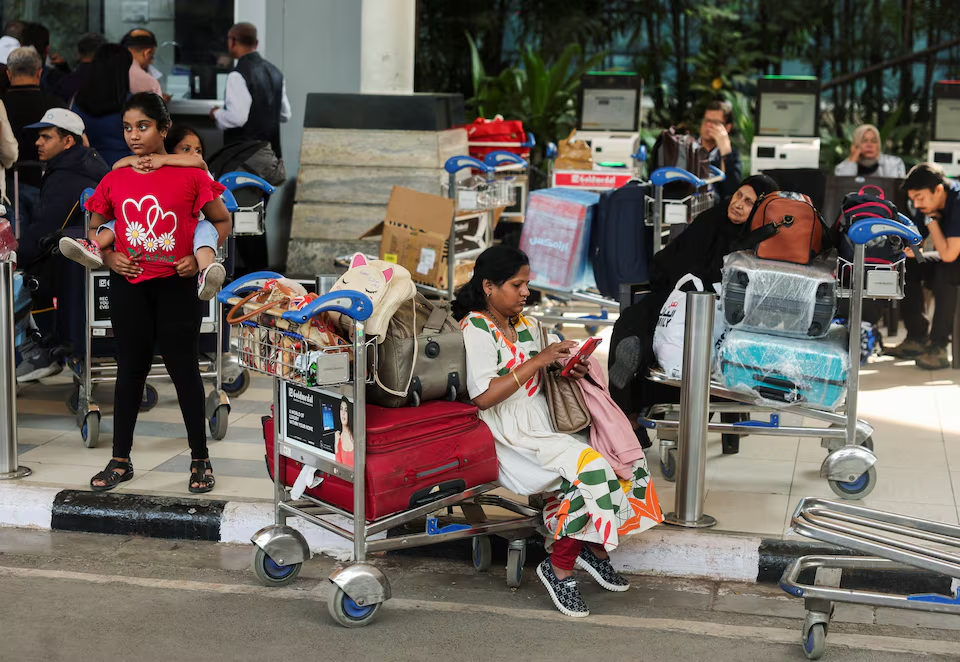On a crowded flight, the smallest spaces often carry the greatest potential for chaos. Ask any flight attendant, and they will tell you: the airplane lavatory, no bigger than a broom closet, can quickly become the scene of disproportionate confusion — and it often begins with a simple oversight.
The culprit, according to several cabin crew members who spoke candidly, is surprisingly mundane: passengers forget to lock the door. Sometimes they step inside without sliding the latch. Other times, they finish up and walk out, leaving the door ajar as if the space were still in use. Either way, the result is the same — awkward encounters, frustrated knocks, and, on occasion, a red-faced passenger caught mid-use.
“People don’t always realize the ripple effect of their actions in such a confined space,” one senior flight attendant explained. “It sounds trivial, but when you have a line forming in the aisle, those little moments add up.”
The lock, of course, does more than just protect privacy. If not fully engaged, the familiar “occupied” sign won’t flip, which means fellow passengers are left to guess whether the lavatory is free or not. The uncertainty forces people to knock, tug at the handle, or hover uncomfortably in the aisle, all while attendants juggle meal service or safety duties.
For crew members, the lavatory is not just a matter of convenience — it’s a matter of logistics. A door left open or unlocked doesn’t just invite embarrassment; it complicates their ability to monitor which facilities are available, whether they’ve been cleaned, and, in emergencies, which ones can be used without delay. “It wastes valuable time,” another attendant noted, “especially when there’s a queue during peak moments in the flight.”
Travel experts point out that lavatory etiquette extends beyond the door. Alpine Elements, a travel company, highlighted another common grievance: passengers who leave taps running or use more water than necessary. Few realize that the water supply on board is finite, rationed carefully for hundreds of people over the course of the journey.
Read Also: Gaza Civilians Flee IDF Raids While Israelis Rally In Protest
None of these behaviors are malicious, of course. They stem from habit — the assumption that public bathrooms work the same way on land as they do at 30,000 feet. But on an aircraft, where resources are tight and space is tighter, small lapses in courtesy echo loudly.
In the end, the message from crew is not scolding but simple: treat the lavatory as you would a shared room in a crowded house. Lock the door, use only what you need, and leave the space as you’d hope to find it. On a long flight, the smallest courtesies can go a long way toward making the skies a little friendlier for everyone.










